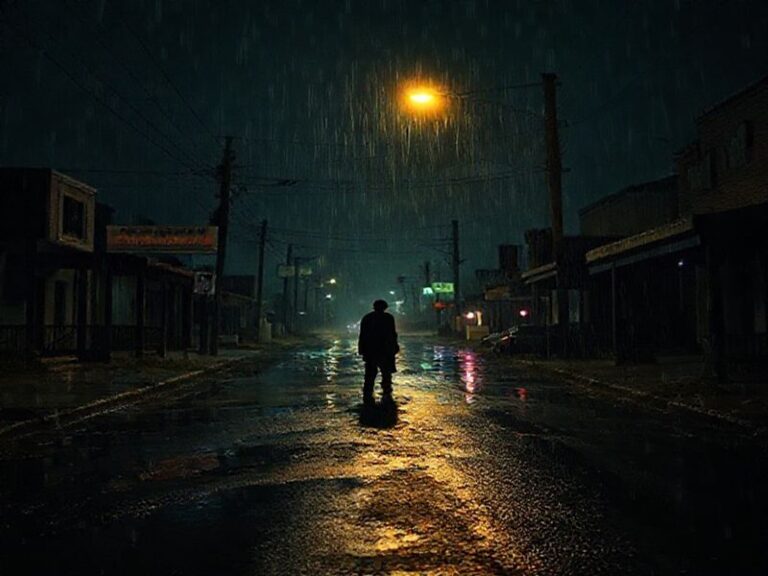From Utah to Ulaanbaatar: How Lindsay Arnold Became the Planet’s Accidental Soft-Power Diplomat
In the grand, ever-expanding circus that is global celebrity, Lindsay Arnold Cusick—known to passport officers and gossip columnists alike as simply Lindsay Arnold—performs a neat trick: she is both everywhere and nowhere at once. To the average citizen of Ouagadougou or Osaka, the name registers as a soft ping on the pop-cultural Richter scale, somewhere between a Kardashian hiccup and a BTS sneeze. Yet in the tight, sequin-spangled universe of competitive ballroom, her footwork has become a kind of soft-power diplomacy, televised weekly into 170 countries via a show whose title, “Dancing with the Stars,” sounds less like entertainment and more like an IMF austerity program.
Arnold’s rise from Provo, Utah—an American town whose greatest historical contribution until 2010 was convincing teenagers that caffeine was a gateway drug—mirrors the larger American export strategy: take something quaintly regional, dip it in glitter, and broadcast it until foreign teenagers dream in foxtrot counts. China, ever alert to American dance-floor infiltration, now hosts its own franchised version where local celebrities waltz under smog-filtered spotlights. Analysts in Brussels, sipping overpriced flat whites, have noted that each Arnold-style high kick is worth roughly 0.003% of annual U.S. cultural GDP, a figure that sounds laughably small until you realize the entire Estonian economy runs on similar margins.
Of course, the true international significance of Lindsay Arnold lies not in her pivot turns but in what she represents: the commodification of aspiration. From Lagos hair-braiding salons that live-stream DWTS on cracked Androids to Russian oligarchs’ mistresses practicing cha-cha in marble-floored panic rooms, her image serves as a portable talisman of meritocratic possibility. “If a Mormon girl from Utah can samba her way into global living rooms,” the unspoken promise goes, “then surely your own improbable dream—say, a functional national postal service—is also within reach.” It is a lie so beautiful even the World Bank retweets it.
Meanwhile, on the geopolitical dance floor, Arnold’s trajectory intersects with darker rhythms. The same satellite feeds that beam her jive into Kyrgyz yurts also carry news of water wars and algorithmic layoffs. Somewhere in between, viewers absorb the subconscious message that all problems, even famine and fascism, might be solved with better choreography. European think tanks—when not busy drafting strongly-worded statements nobody will read—have begun referring to this phenomenon as “soft shoe authoritarianism,” the gentle tyranny of upbeat tempo over structural critique.
One could argue, with only mild exaggeration, that Lindsay Arnold’s greatest contribution to international relations is unintentional détente. Picture it: an Iranian censor and an Israeli drone operator accidentally bonding on a Reddit thread over their shared annoyance at her Argentine tango technique. For one brief, shining moment, the world’s hostilities are subsumed by the more pressing debate over whether her free leg had adequate hip rotation. If that isn’t Nobel-worthy, at least it’s cheaper than a weapons deal.
Yet cynics—hello, you’ve reached Dave’s Locker—know the final pirouette always ends where it began: in branding. Arnold’s recent lifestyle-app launch (“Move with Lindsay,” monthly fee slightly less than the average Moldovan salary) sells the illusion that transcendence comes pre-choreographed. Swipe, subscribe, and suddenly you’re not stuck in a crumbling flat in Caracas; you’re sashaying across a studio where the lighting flatters even existential dread.
In conclusion, Lindsay Arnold is less a person than a mirror, reflecting whatever the viewer most desperately needs: hope, distraction, or merely proof that somewhere, someone is moving rhythmically while the rest of us stumble. The globe keeps spinning—occasionally on its axis, more often in crisis—but her sequined shoes keep time with the absurd optimism that if we just master the steps, the music will never stop. Spoiler alert: the music always stops. Yet until it does, we’ll keep watching, because the alternative is listening to the silence, and nobody’s choreographed a foxtrot for that.







